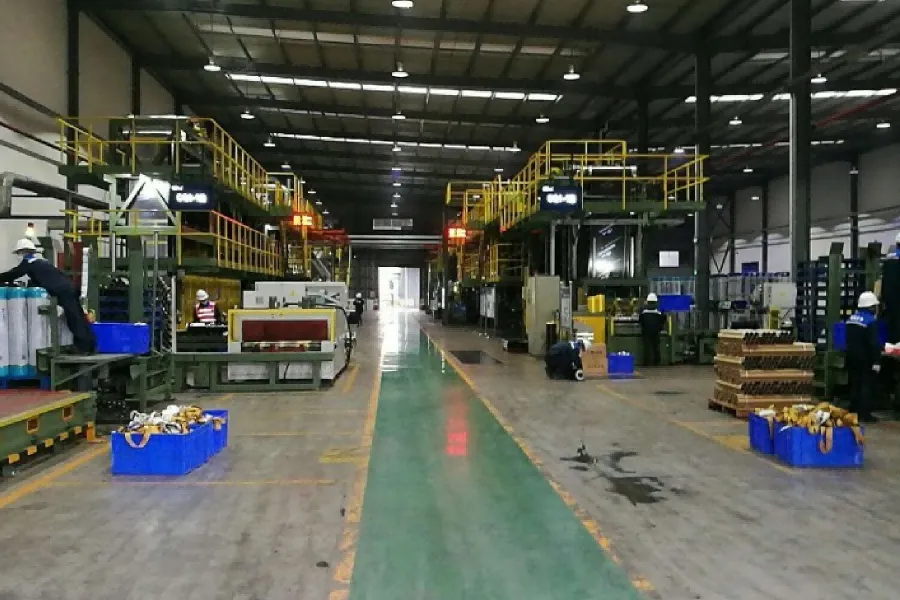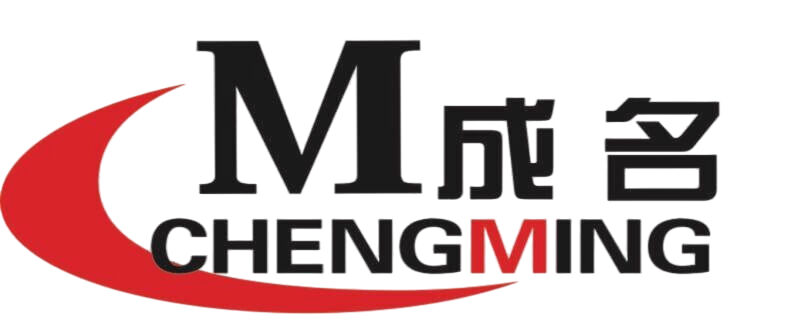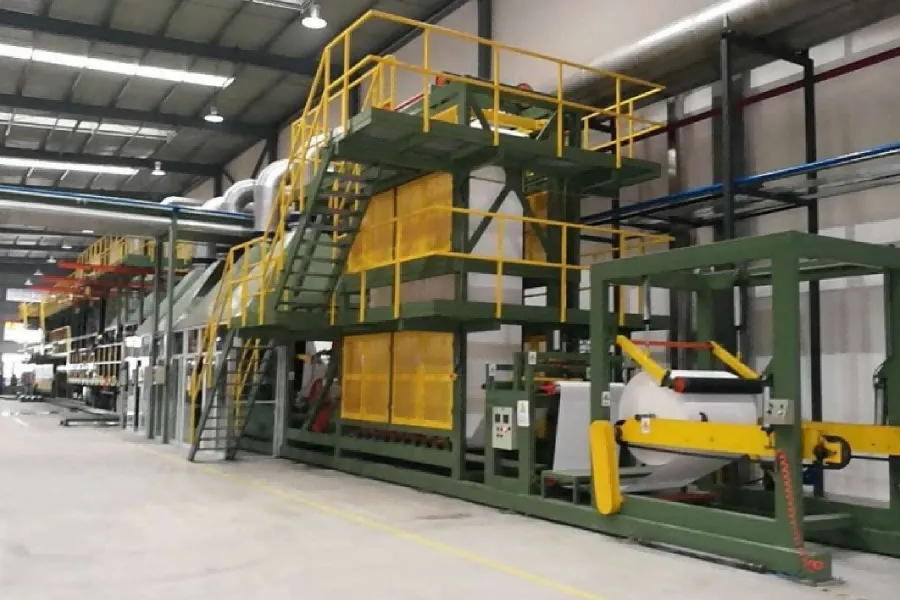Revolutionizing Energy Efficiency in Membrane Manufacturing
The manufacturing industry stands at a critical juncture where sustainability meets profitability. A modified bitumen membrane production line represents a significant investment for manufacturers, and optimizing its energy consumption has become more crucial than ever. Recent technological advancements have made it possible to achieve remarkable energy savings while maintaining - and even improving - product quality.
Advanced manufacturing facilities worldwide are discovering that implementing strategic modifications to their modified bitumen membrane production line can lead to substantial energy reductions. This comprehensive guide explores the innovative approaches and technologies that enable a 20% reduction in energy consumption, transforming both operational efficiency and environmental impact.
Core Components of Energy-Efficient Production Systems
Advanced Heating and Cooling Systems
The heart of any modified bitumen membrane production line lies in its temperature control systems. Modern heating units utilize smart sensors and precision controls to maintain optimal temperatures throughout the production process. By implementing variable frequency drives and heat recuperation systems, manufacturers can significantly reduce energy waste during heating cycles.
Intelligent cooling systems complement these heating innovations by recycling thermal energy and minimizing unnecessary temperature fluctuations. This synchronized approach ensures that energy is conserved at every stage of production while maintaining consistent product quality.
Automated Process Control Integration
Digital transformation has revolutionized how modified bitumen membrane production lines operate. Advanced automation systems continuously monitor and adjust production parameters in real-time, preventing energy waste from manual operations and reducing human error. These systems can predict maintenance needs and optimize production schedules to minimize energy-intensive startup and shutdown procedures.
Integration of IoT sensors throughout the production line enables precise tracking of energy consumption patterns. This data-driven approach allows manufacturers to identify and eliminate energy inefficiencies while maintaining optimal production rates.

Strategic Operational Modifications
Production Schedule Optimization
A well-planned production schedule can dramatically impact energy consumption. By analyzing peak energy usage periods and adjusting production timing accordingly, manufacturers can take advantage of off-peak energy rates. This strategic approach not only reduces energy costs but also helps balance the load on the modified bitumen membrane production line.
Implementing batch optimization techniques further enhances energy efficiency by minimizing the number of production starts and stops. Careful coordination of production runs ensures maximum utilization of equipment while reducing energy-intensive warming periods.
Material Flow Enhancement
Optimizing material flow through the production line plays a crucial role in energy conservation. Modern conveyor systems with energy-efficient motors and smart controls ensure smooth material movement while minimizing energy consumption. Proper maintenance and lubrication of these systems further reduce friction losses and associated energy waste.
Advanced material handling equipment, coupled with precise inventory management, reduces the energy spent on unnecessary material movement and storage. This streamlined approach contributes significantly to overall energy savings while improving production efficiency.
Innovative Technologies for Energy Reduction
Heat Recovery Systems
Installing advanced heat recovery systems in a modified bitumen membrane production line can capture and reuse thermal energy that would otherwise be lost. These systems can redirect waste heat from cooling processes to pre-heat raw materials or maintain optimal temperatures in other production areas. Such integration can lead to substantial energy savings while improving overall process efficiency.
Modern heat exchangers and thermal storage solutions further enhance energy conservation by maintaining consistent temperatures throughout the production cycle. This stability reduces the energy needed for frequent heating and cooling adjustments.
Smart Monitoring and Analytics
Implementation of advanced monitoring systems provides real-time visibility into energy consumption patterns. These systems use sophisticated algorithms to analyze data from multiple sensors, identifying opportunities for energy optimization. Predictive analytics help anticipate maintenance needs and prevent energy-wasting equipment failures.
Cloud-based monitoring platforms enable remote management and optimization of the modified bitumen membrane production line, ensuring consistent energy efficiency across multiple shifts and operating conditions.
Maintenance Strategies for Sustained Efficiency
Preventive Maintenance Programs
Regular maintenance is crucial for maintaining optimal energy efficiency in production equipment. A well-structured preventive maintenance program helps identify and address potential issues before they lead to increased energy consumption. This includes regular inspection of heating elements, insulation systems, and mechanical components.
Training maintenance personnel in energy-efficient practices ensures that repair and maintenance activities contribute to, rather than detract from, overall energy savings goals. Documentation of maintenance procedures helps track the impact of various interventions on energy consumption.
Equipment Upgrades and Retrofits
Strategic equipment upgrades can significantly improve the energy efficiency of an existing modified bitumen membrane production line. Modern motors, drives, and control systems offer superior efficiency compared to older components. Careful evaluation of retrofit opportunities can identify high-impact areas for improvement.
Integration of energy-efficient lighting, compressed air systems, and auxiliary equipment further contributes to overall energy savings. These upgrades often provide additional benefits in terms of improved product quality and reduced maintenance needs.
Frequently Asked Questions
What is the typical payback period for energy efficiency improvements?
The payback period for energy efficiency improvements in a modified bitumen membrane production line typically ranges from 12 to 36 months, depending on the specific modifications implemented and current energy costs. Many facilities achieve faster returns through available energy efficiency incentives and rebates.
How can production quality be maintained while reducing energy consumption?
Quality is maintained through precise control systems that optimize energy use without compromising production parameters. Modern automation and monitoring systems ensure that energy reduction measures align with quality requirements, often leading to improved consistency in the final product.
What role does employee training play in achieving energy savings?
Employee training is crucial for successful energy reduction initiatives. Well-trained operators can identify energy-saving opportunities, properly implement efficiency measures, and maintain optimal operating conditions. Regular training programs ensure that best practices are consistently followed across all shifts.

